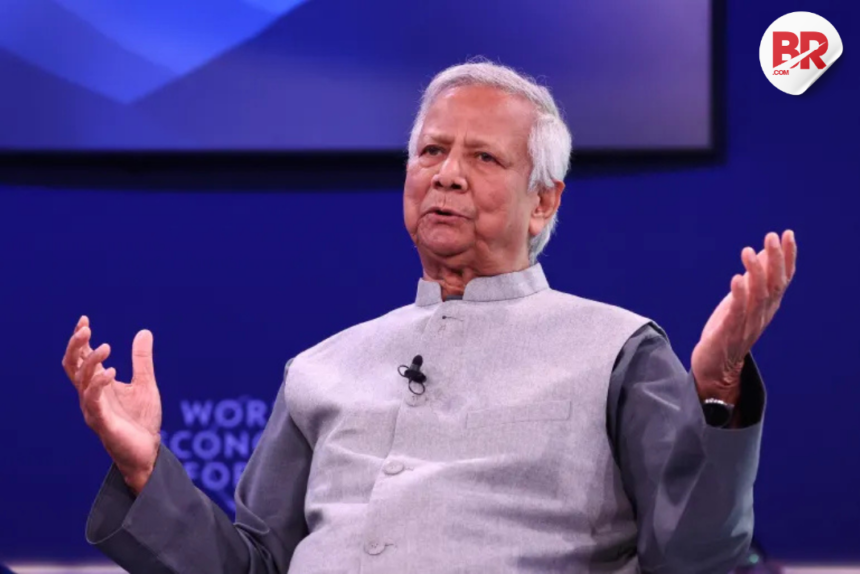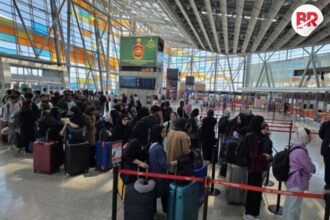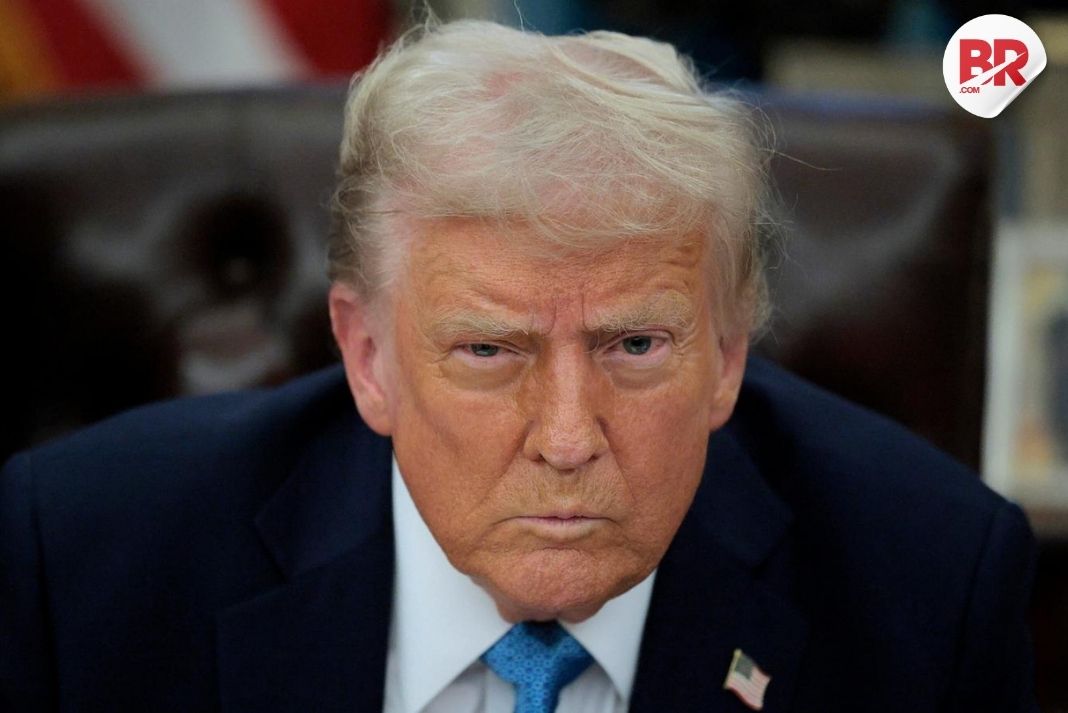
Bangladesh’s interim leader Muhammad Yunus has drawn a clear line: elections will be held no later than June 2026.
Speaking at a public event in Tokyo, the Nobel laureate confirmed that the much-anticipated general election could take place anytime between December 2025 and June 2026. This comes amid mounting pressure from both political opponents and the military to stick to a firm timeline.

The uncertainty around the election date has left many wondering when their voices will finally be heard at the ballot box. The longer the wait, the more anxious the country becomes.
Politicians losing patience—and fast
“People keep asking when elections will be,” Yunus said in Tokyo. “Because the politicians are very impatient. They want to get to their seats of power.”
Yunus explained that if reforms go smoothly, elections could be held as early as December 2025. But if the process drags, June 2026 will be the latest deadline.
To put it bluntly: Bangladesh’s political elite is restless, and Yunus just handed them a stopwatch.
Also Read Not in Sync, Out of Power: Bangladesh Boots Its Foreign Secretary in Silent Showdown with Yunus
BNP isn’t buying it
BNP, led by former PM Khaleda Zia and acting chairman Tarique Rahman, is furious. They accuse the government of using reforms as a “delay tactic.”
“In the past, caretaker governments held elections within 90 days,” said Rahman. “It’s been over 10 months now, and still no fixed date?”
Senior BNP leader Amir Khasru Mahmud Chowdhury echoed the frustration. He claimed even without a full consensus on reforms, the next elected government can continue the process. Basically: Just hold the damn vote already.
The military joins the chorus
It’s not just politicians who are losing patience. Army chief General Waker-Uz-Zaman recently urged Yunus to hold elections by December this year. He wasn’t alone. Chiefs of the navy and air force backed him up in a joint meeting last week.
They don’t want to babysit democracy forever.
For Indians watching closely, this isn’t new. We’ve seen Pakistan fumble with election delays, and now Bangladesh seems to be dancing on that edge too. The difference? Yunus is still respected, unlike some of his regional peers clinging to power with military backup and judicial excuses.
But the longer this drags, the more fragile Bangladesh’s democratic image becomes. Elections are not just about power—they’re about trust. And right now, that trust is hanging by a thread.
Let’s be honest. “Reforms before elections” sounds noble—but in South Asia, it often reads like a smokescreen. Yunus may have bought some time, but with BNP roaring and the military nudging, that clock is ticking loud.
Also Read SWAT Deployed in Bangladesh as Civil Servants Revolt Against Controversial Law












